IIMPACT MPACT






How the iEARN network in Ukraine is bringing peace, comfort, and stability to their students
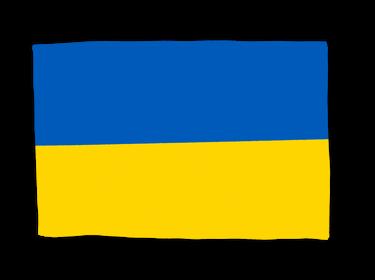

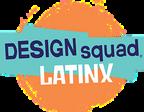


Taiwan and South Korea

Two Georgian teachers' Virtual Peace Camp project leads to an invitation to the Nobel Peace Prize Conference in Stockholm
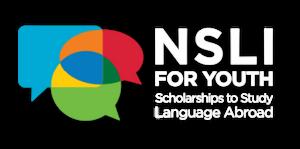
Engineering for a new future!


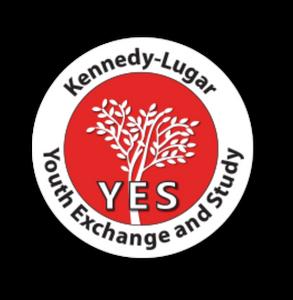
Dear Friends,
This season, with so much conflict in the world, I find myself reflecting on peace and what it means for all of us. Eleanor Roosevelt once said “it isn’t enough to talk about peace. One must believe in it. And it isn’t enough to believe in it One must work at it ” At iEARN-USA, we take our responsibility to “work at it” very seriously. Every year, we connect students and classrooms in over 140 countries around the world through our international exchange programs and our virtual exchange classroom projects building our vision of a more interconnected, peaceful, and just world.
Whether it is a classrooms of 3rd graders talking about holidays and food around the world or high school students sharing their concerns about climate change or girls’ access to education in South Sudan and what they can do about it, they learn to talk and to listen. Our iEARN teachers and facilitators and partners agree with Albert Einstein who once said, “Peace can only be achieved by understanding.” Children are innately curious. We all know toddlers who have asked “why? a hundred times. Children ask questions because they are comfortable not knowing the answers but want to understand.
In this issue of iEARN Impact, you will learn about students and educators in war-torn countries who are finding hope and empowerment through iEARN and connections with peers around the globe. Too many children have experienced the fear of violence and the death of friends, teachers, and family members. Children want peace because they want to play in the streets, in their schools and in their homes without fear. iEARN’s teachers and facilitators help children go beyond their apprehensions, prejudices, and assumptions and open their minds and hearts to the world We invite them to think together, question everything, and have the confidence to explore solutions.
Our children and grandchildren, nieces, and nephews, will be the ones who figure out the future of this incredible world we live in. We ask you to help iEARN-USA continue to bring students together from the US to the world. The opportunities to share their culture, ideas, excitement, and joy will last a lifetime Please, make a gift this season to iEARN The students of today are our future
From all of us at iEARN-USA, thank you for being part of the solution to make peace on earth a reality.
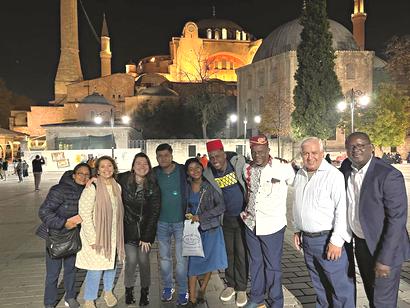

Warmest thanks and happiest of holidays,
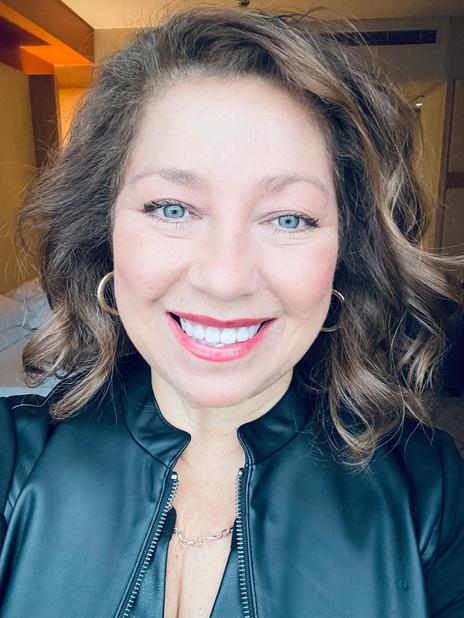

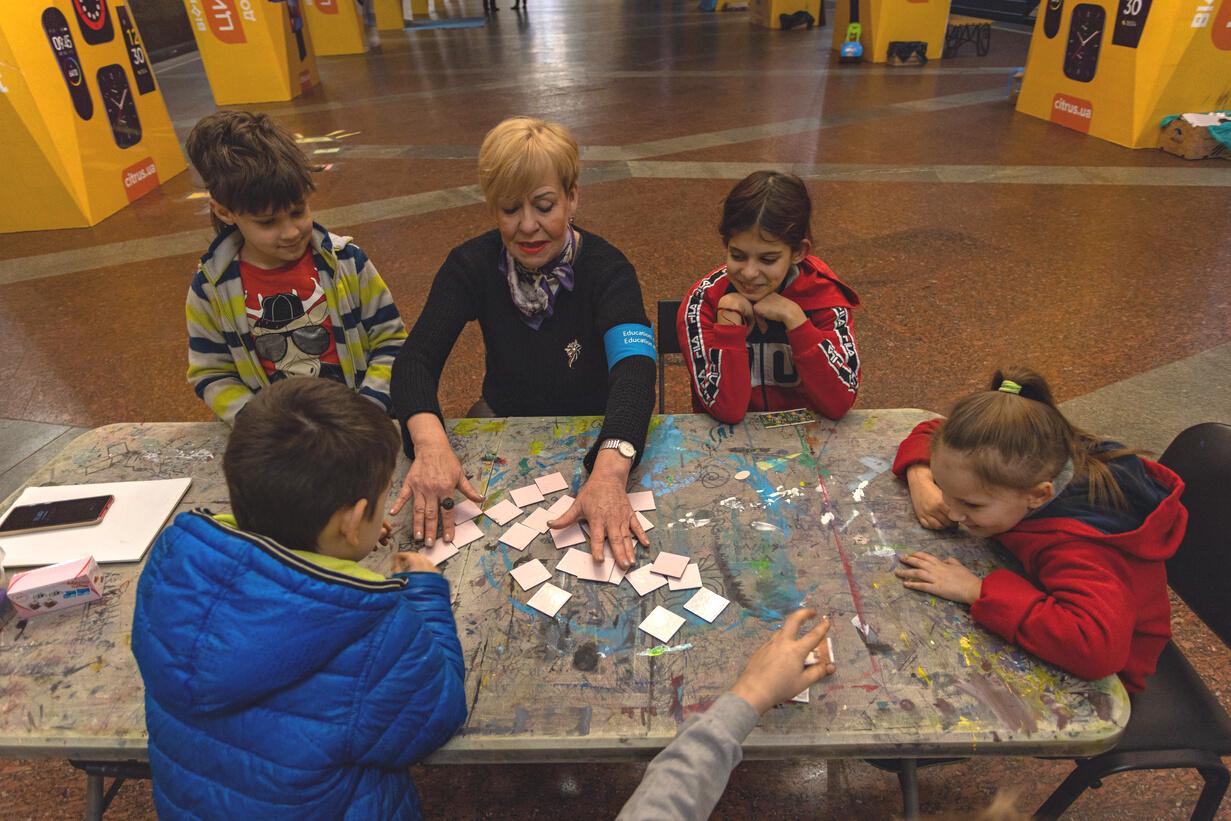
Natalia Cherednichenko is the principal of a large K-12 school in central Ukraine and is the administrator and country coordinator for iEARN. She was first introduced to iEARN in 1999 as a young teacher, when there was only one computer for the whole school. Back then, students had the opportunity for short virtual communications with their international partners, but needed to work on their side of the projects offline so other classrooms could also participate. Once they were able to obtain more computers, Natalia’s school and
others across Ukraine were able to participate regularly in iEARN’s collaborative projects –Folk Costumes Around the Globe, Holiday Card Exchange, My Hero, and Talking Kites were just a few of the projects she mentioned Ukrainian schools have participated in over their 19 year history with iEARN.
Today, her school’s 2100 students and over 100 schools around the country take part in many projects, particularly because Ukranian students are required to learn English, and the Collaboration Centre is a perfect platform for them to practice with their peers around the world. Global Learning Circles continues to be very popular and the iEARN network with Ukraine has organized national projects like My Dream School and Medicine in My Backyard. As a country, students have been engaging in The Global Teenager Project for over 10 years, with more than 100 students participating in each season .
As with many countries hard hit by the virus, most Ukrainian schools went to distance learning during the Covid 19 pandemic, during which teachers reported extreme difficulty with running complicated lessons and projects over the internet.
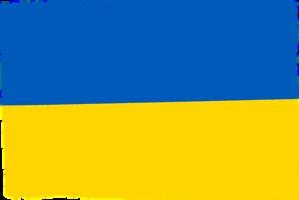
Natalia said that especially during this unprecedented challenge, she and her teachers were so grateful to be able to utilize some of iEARN’s projects to carry their students through that difficult season. Unfortunately, the Russian invasion of Ukraine last February led to even bigger, more complicated issues for Natalia, her school, and the rest of the population.
Their region has been increasingly inundated with refugees fleeing from areas with active conflict. Over the summer holidays, many people evacuated and moved to nearby villages, prompting administrators to organize distance learning yet again. Every day throughout Ukraine – sometimes multiple times a day – bombardment alarms sound, sending everyone scrambling for shelter. Though many schools have bomb shelters, most can only hold a fraction of their student population, so administrators are rotating groups of kids to come to school in person while others stay home. Once again, educators had to organize a way for students at home to be connected to the internet and for schools to find a platform everyone could use. On top of that, some students and their families have fled to western Europe for sanctuary, creating additional challenges for administrators, such as finding teachers in Europe who are willing and able to teach them.
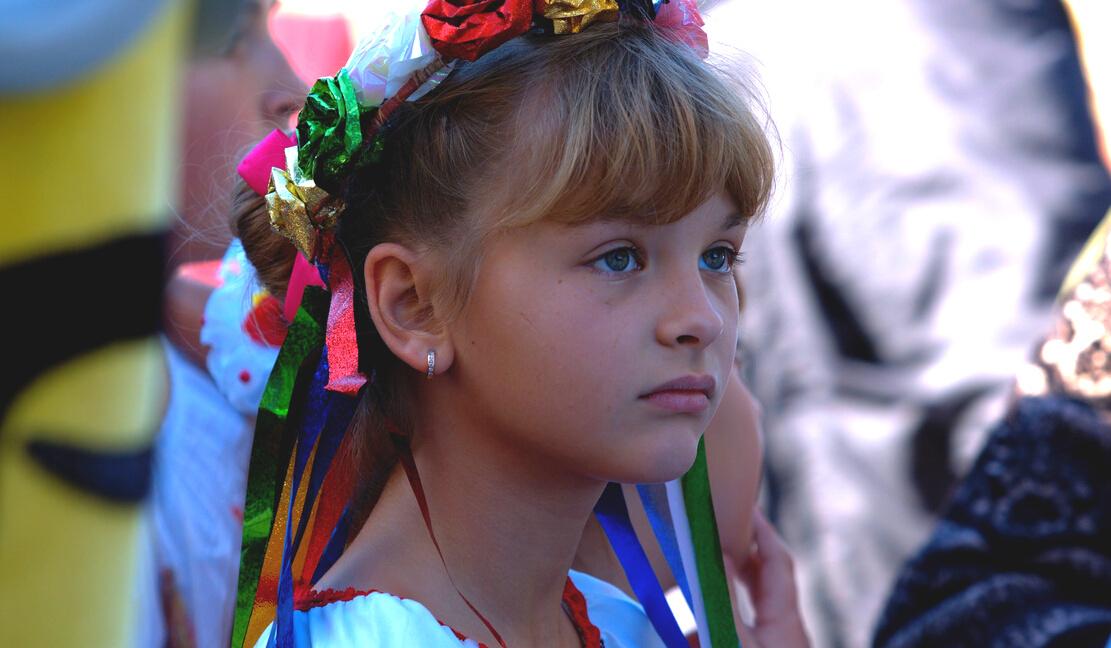

iEARN teachers remaining in Ukraine organized a nation-wide project at the end of last school year, choosing My Dream School to give students a place and a platform to share their feelings and experiences. They wanted students to have a voice and means of processing what they had lost while also providing some measure of normalcy.

Natalia says students desperately miss communication, being isolated at home for so long now. Because of that, they are extremely eager to connect with other kids in both in Ukraine and in other parts of the world. They appreciate what they have now in a whole new way and also have a new appreciation for the word 'peace'. iEARN projects give students a place to share not only their work, but also their feelings and experiences with other students, which is very important.
Natalia, on how iEARN promotes peace:
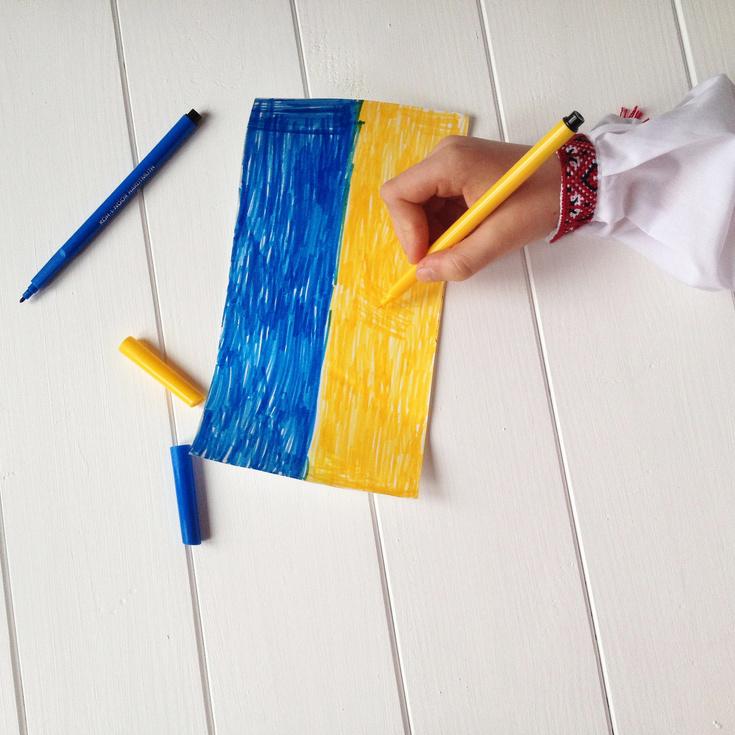

“Themeaningofpeaceisverydifferentfordifferentcountries,andonlycollaborationand communicationbetweenculturesandpeoplecanhelpusunderstandeachothermore.Soinmymind andaccordingtomy[longhistoryof]experienceswithiEARNprojects,Icansaythereisnoalternative, asfornow,forIEARNprojects,becausethisisaplacewhereyoucanfindapartnerfromalloverthe worldveryeasily,andcancommunicateandcooperatewiththemveryquickly.Soyouhaveimpact immediately-youdon’thavetowaitforthisimpactforyears.Andstudentswhoparticipateinthese projectshavenewexperiencesofcommunicatingwithothersfromdifferentnationsandtheybeginto understandotherculturesandtraditions,andthiscanhelpavoidconflictswhichcanhappenifyou don’tknowothers’traditions.Forexample,withfoodtraditions,ifonenationcaneatacertainkindof foodbutanothernationcan’teatthiskindoffood,thisisculturalthing-it’snotlike‘IwantorIdon’t want[toeatthat]’thisisimportanttoknowwhenyoucommunicatewithpeoplefromdifferent cultures.Thesesmalldetailshelpstudentscreateapictureoftheworldandunderstandhowto communicate,howtobetolerant,howtosupporteachother,andhowtocooperatewithpeoplewho,for example,wholearnadifferentwaythantheydo.Thisisveryimportant-theybecomemorepeaceful, moretolerant,moreaimedatcitizenshipthanthosewhodon’thavesuchkindsofcommunicationand cooperation.”
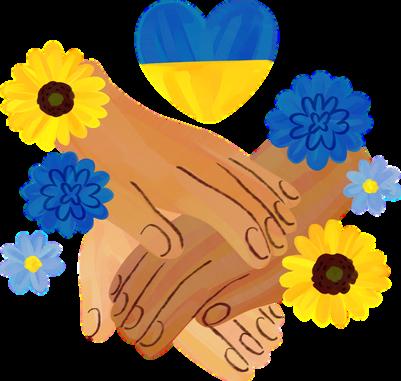

Over the past 10 months, Ukrainian teachers and students have received many supportive messages and kind words expressing encouragement and compassion when they meet virtually with their international peers. Natalia says that many students from other countries have shared drawings, poems, and even cakes decorated with Ukrainian colors, which has been very touching for everyone. Moreover, it wasn’t just one or two times - they continue to give her students ongoing support. "This is very important because our kids can know they are not alone. This is an example for the rest of the world how to cooperate and be peaceful with one another, and iEARN projects facilitate that happening."
Natalia, on how iEARN has inspired the network in Ukraine:
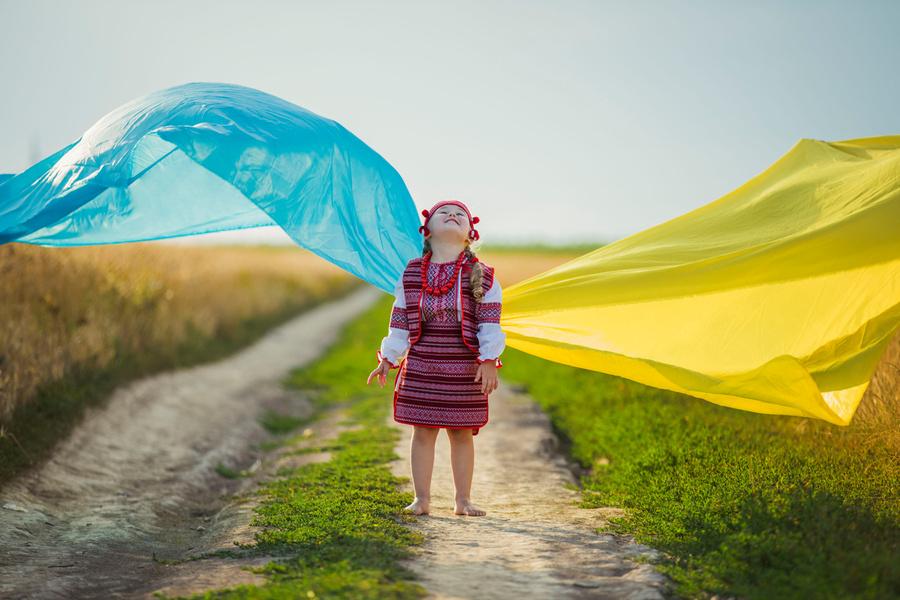
Formewhenthewarstarted,Ireceivedlotsofsupportive messagesfrommyiEARNnetwork,evenoffersformetocome staywiththemintheirhouses.Butasaprincipalit’s importantformetostayandtohelporganizewaysforour studentsandourrefugeestudentstocontinueintheir education.IhavelearnedthroughiEARNcivicresponsibility andtheimportanceofcommunity,beingaleader,and personalresponsibility.
Inpreviousyears,I’vedonealotofprojectsonecologywithiEARN,andnowwithallthedestructionfrom thebombings,wehavehadalotofforestfiresandotherthingsthathavedamagedourenvironment, includingmanyanimalsthathavebeenkilledordisplaced.ThroughiEARN,wehavebeguntoorganize projectstosupportvolunteerstorescuedogs,cats,andchickenscreatingsheltersforthem,sothatif someonebringsanimalsfromaplacethatisoccupied,wecaninvolvestudentsinfindingfoodandshelters forthem,andsometimeseventheirowners.

Birthed during the Cold War in the 1980s to promote peace and justice, iEARN and its mission have never been more relevant and crucial as they are right now. Though we may not be able to alter our current events, we are providing a lifeline to students, teachers, and administrators in Ukraine and giving others around the world the opportunity to make a meaningful difference in their lives.
ToNataliaCherednichenkoandherfellowadministratorsand teachersinUkraine,wearemovedbyyourirrepressiblespiritandwe thankyouforallyou'redoingforthestudentsandfamiliesyouserve.
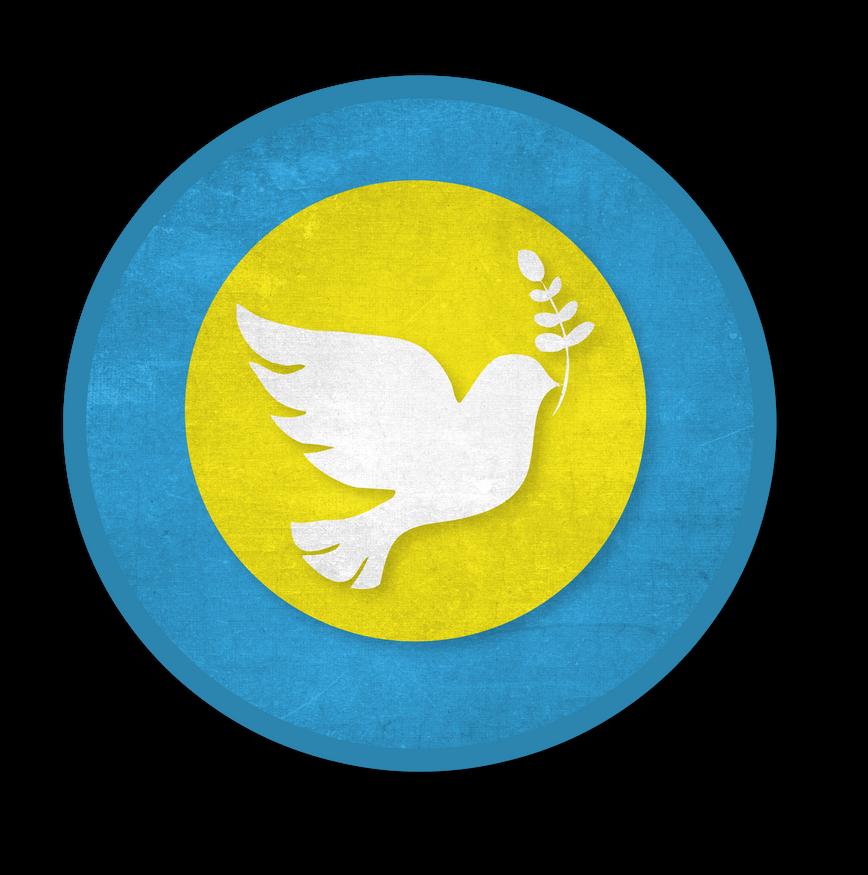


Tamar Lolishvili and Marina Kharitonashvili are teachers from a private school in Georgia, a small Eastern European nation nestled between Turkey and Russia. Their school has been participating in iEARN’s projects since 2007, but after the 2015 iEARN conference in Brazil, their administrators encouraged the teachers to engage even more with iEARN and to develop their own projects. Both teachers are not only passionate about their students’ education, but also their social and character development.

Because Georgia has a challenging political situation and teachers are not supposed to speak on societal topics publically, Tamar wanted to at least teach her students proper values and skills in order for them to be better 21st-century citizens. She created a project called Virtual Peace Camp, mainly focused on what she calls “peace skills”: leadership, problem-solving, critical thinking and values like love, respect, and understanding.
Knowing this was a tall order to take on by herself, she invited Marina to help her develop and facilitate the project, and together they charged their students to find the “formula of peace”.
Marina, who teaches Geography, ran her 6 week Peace Camp (mainly with 7th graders), challenging them to ask themselves how can we understand peace, what does it mean, and how can we transfer the ideas of peace in relationship with others. Her class partnered with a classroom in South Korea, discussing what peace means, what they associate with it, and why it’s important for their countries. The second week they held “Kite Week” and talked about what it means to be messengers of peace. The following three weeks they created symbols and “ingredients” of peace and tried to create their own formulas.
Finally, in the 6th week, they explored the idea of “Continents of Peace,” discussing different areas of the world and why peace was important not only to that area, but also the whole world. They talked about what the world would be like if there was no peace and created a play about it, and at its end they sent a dove from country to country all over the world, sowing seeds of peace wherever it went.
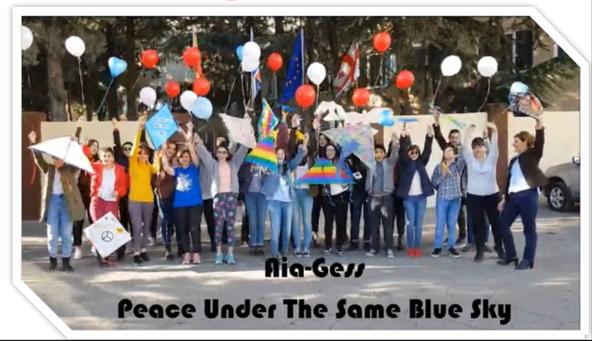
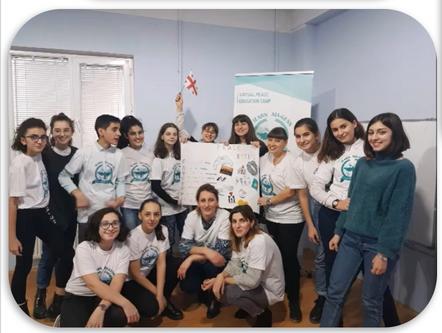
Not long after, South Korean teachers asked Tamar and Mari to come to Korea and teach them how to host a Virtual Peace Camp themselves, and also invited their middle schoolers for a “Peace Exchange Camp”! Both Mari and Tamar agreed, “meeting in person is the summit of the international collaboration process - it was a major motivator for our students when they went to South Korea.” Over the next several years, Mari, Tamar, and their students attended three different international peace conferences, including the 2019 Nobel Peace Prize Conference in Stockholm, Sweden. The students were the first in the world to speak at that conference and address the world on the topic of peace, and were invited back to Sweden the following year to discuss coming up with new peace projects. Tamar hopes this coming year, Nobel will hold a youth conference to give young people more of a platform to promote peace.


Virtual Peace Camp is continuing to inspire Georgian students, now circulating through a number of other schools in different regions of the country. Tamar and Marina have created peace clubs after school to keep up with students' interests and requests for more activities. They begin all their programs with teachings on mindfulness, self-awareness, conflict resolution, critical thinking, and introspection. They believe that as individuals, we all must first make peace within ourselves, then we can learn to live in peace with our families, friends, neighbors, and those who are very different from us. As Tamar says, [iEARN's]internationalprojectshavehelpedusofcourse,becauseourstudentshavebecomesomuch moretolerant.They'vemetstudentsfromdifferentreligiousbackgroundsandracesandhadtolearnto beacceptingandunderstanding.AndthisisreallythemainobjectiveofiEARN,isn'tit?
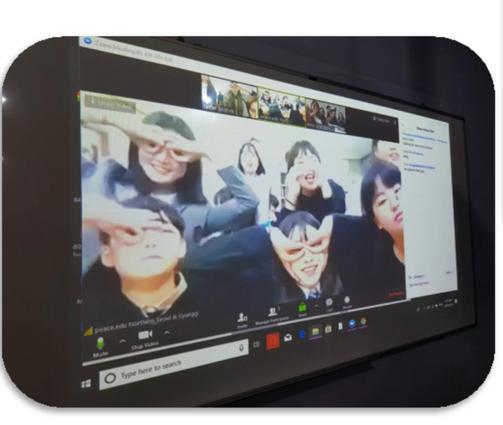
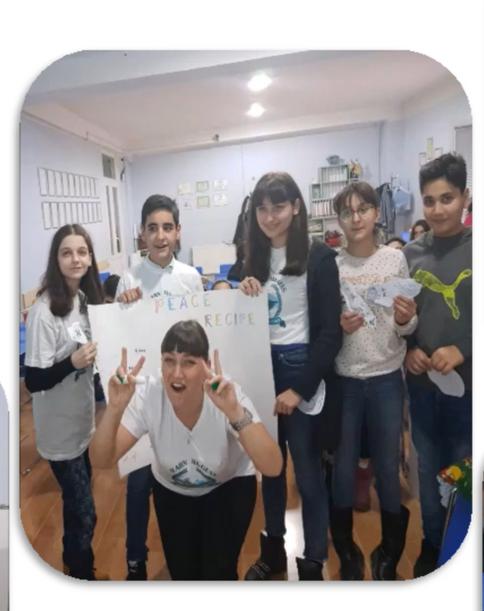
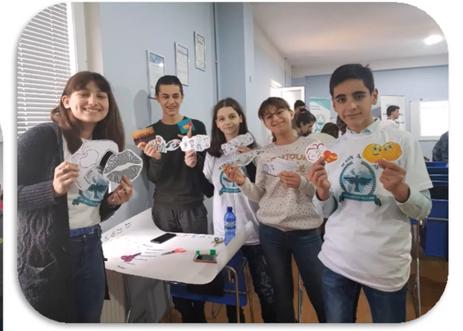

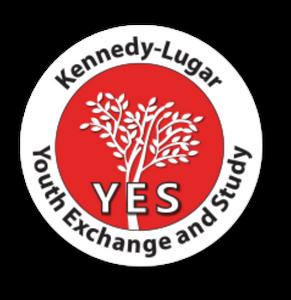

From September 27 to October 16, 2022, iEARN-USA implemented a workshop for 45 YES alumni from Cameroon, Liberia, Mali, and Sierra Leone. The workshop, called Project Management in Practice, focused on strengthening the iEARN YES alumni community in West and Central Africa and enhancing the participants’ skills in project management, sustainability, and maximizing community impact through their alumni work.
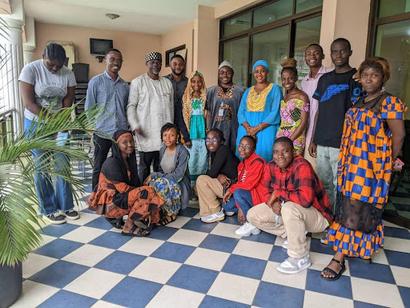
Throughout the workshop, participants learned how to develop a sustainable project centered on youth engagement; sessions ranged from brainstorming, proposal writing, goal setting, monitoring & evaluation, reporting, and budgeting. The workshop content was developed and facilitated in collaboration with nine alumni leaders from the four participating countries, expert guest speakers, local YES staff, and iEARN-USA staff.
The workshop was implemented in a hybrid model – participants attended virtual skills building sessions and also gathered in their own respective country for an in-person component. Upon successfully completing the workshop, each of the four country cohorts received $2,000 to implement a project in each of their respective communities. The projects are focused on the theme of youth empowerment, ranging from girls education, entrepreneurship, sexual health advocacy, and enhancing public speaking skills among youth.
After the workshop, 94% of participants reported confidence in their project management skills, an increase of 40% compared to the pre-workshop data. 100% of participants reported that they will be able to apply what they learned at the Project Management in Practice workshop to help their local/global community.
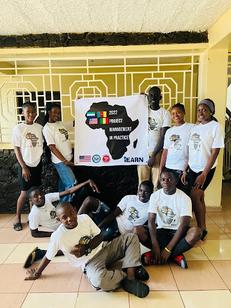


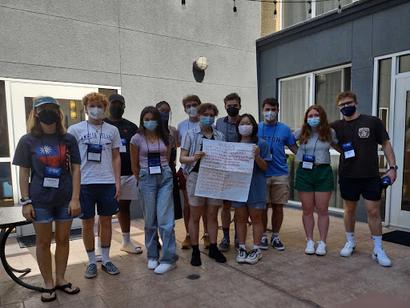
In early September, NSLI-Y Chinese and Korean Academic Year students met in the San Francisco Bay area to attend their Pre-Departure Orientations (PDO). At their PDOs, students met each other and their Resident Directors for the first time in-person, connected virtually with State Department officials, and learned about citizen diplomacy and their role as citizen ambassadors. Students shared their excitement about their upcoming NSLI-Y programs, and worked together on group contracts ahead of their departures for Taiwan and South Korea!
On November 22, the NSLI-Y Chinese Academic Year students celebrated Thanksgiving with staff members from the American Institute in Taiwan, who invited the students and their Resident Director to their branch office in Kaohsiung, Taiwan. The feeling of missing family has no borders, and no language can fully express it, but the students used this special time to talk and laugh and build stronger bonds with one another creating fond memories to look back on in the future.
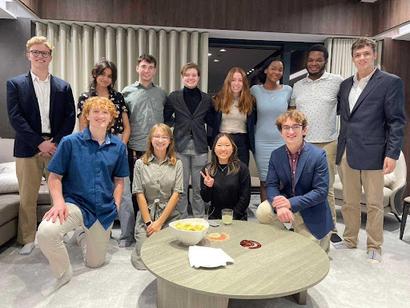
Students celebrate Thanksgiving with the American Institute of Taiwan
Taiwan and South Korea
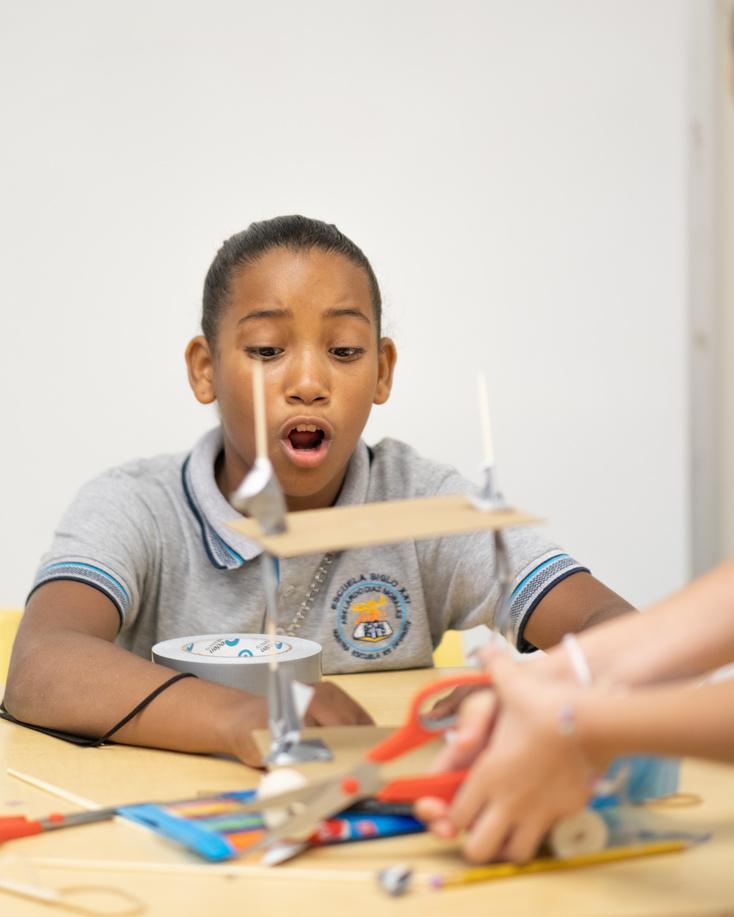
“

…mychildrenbeganwithdoubt,withfearofnotbeingabletodo something.However,astheworkshopswenton,theyhadmoreconfidence andtheycameupwithnewideas…mychildrengrewup.”-MildredTorres, Middle-schoolTeacher(PuertoRico)
Design Squad Latinx is a program collaboratively designed by iEARN-USA, GBH and iEARN Orillas and sponsored by the National Science Foundation (NSF). This program includes a variety of engineering challenges, or activities, in both English and Spanish to get kids (primarily ages 10-13) excited about engineering and to motivate Latinx students to consider engineering fields as professional studies in their future. Through Design Squad Latinx, kids are introduced to the four steps of the engineering design process and are challenged to solve real-world problems. By engaging in engineering projects, kids can contribute their unique knowledge and experiences while learning essential collaboration skills that empower them to see themselves as problem solvers, which is a crucial skill for any career path they choose.
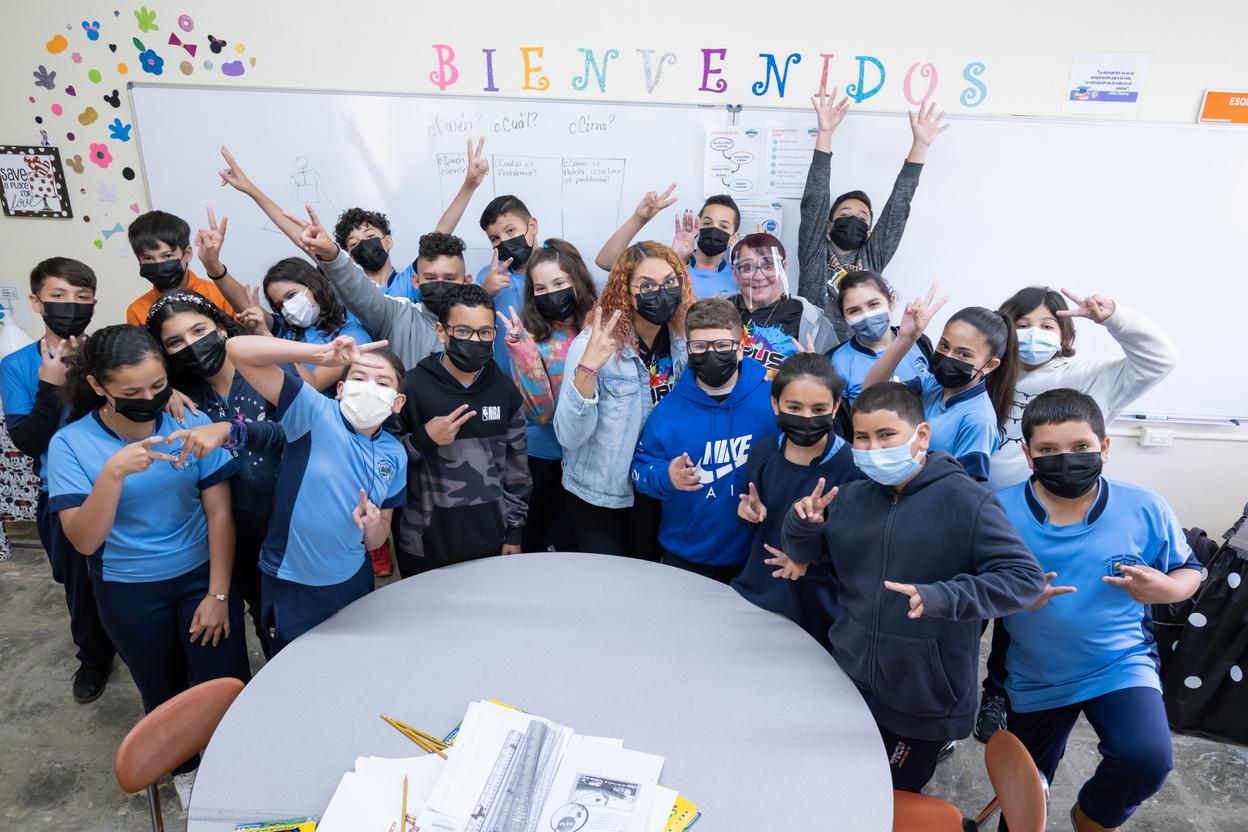
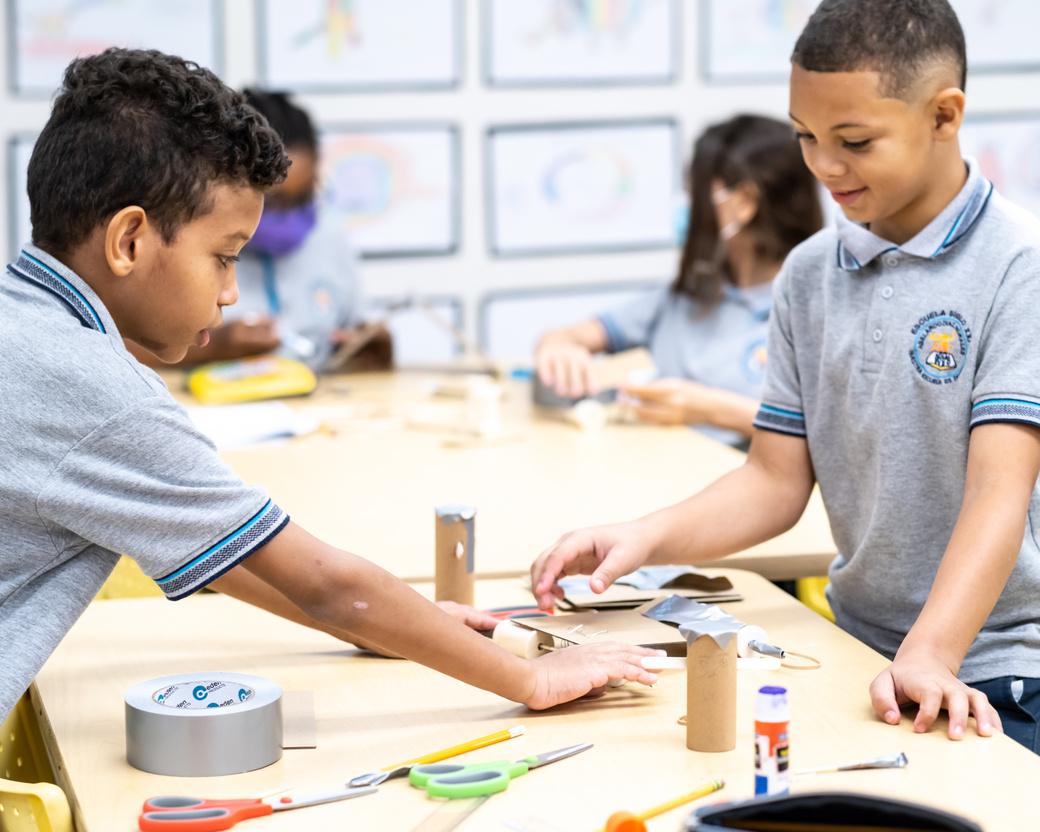
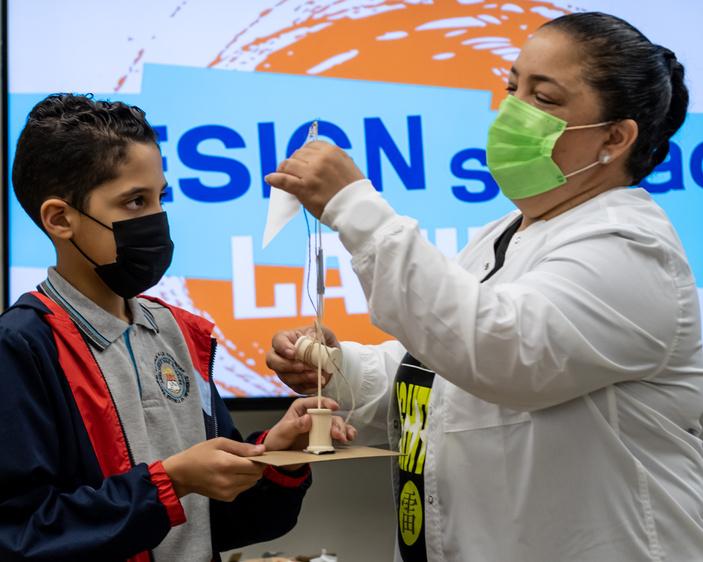
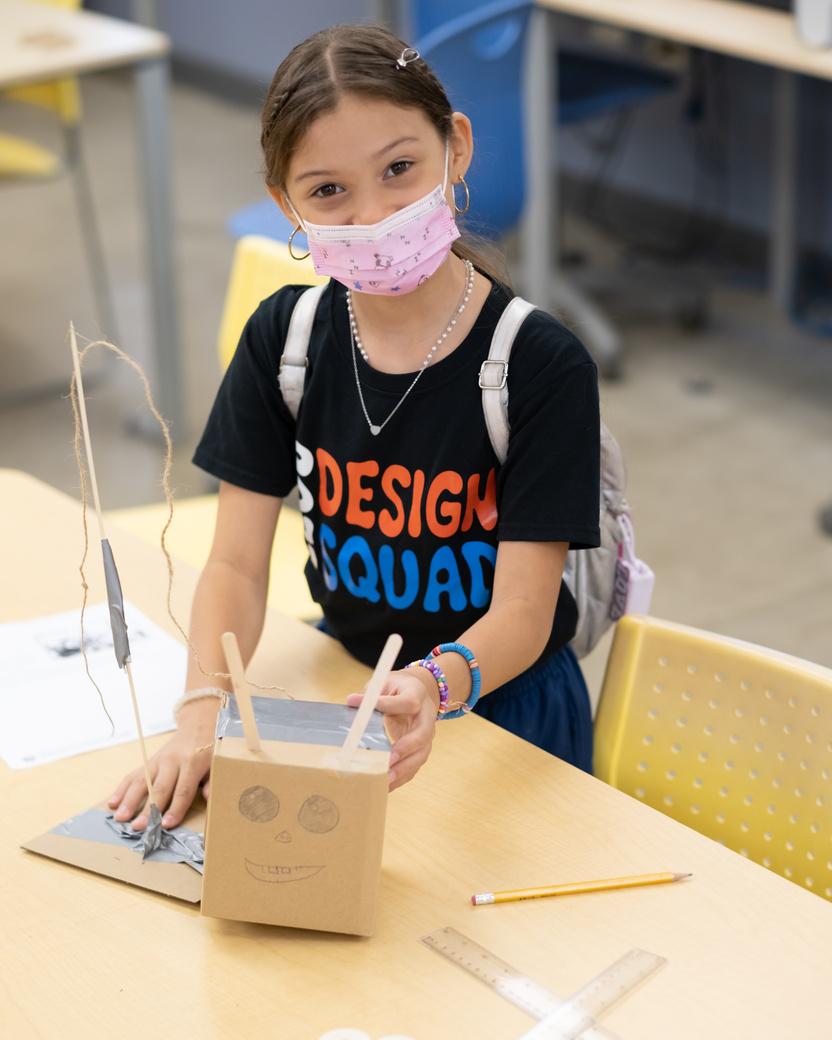
Readmore...
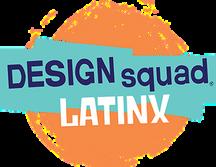
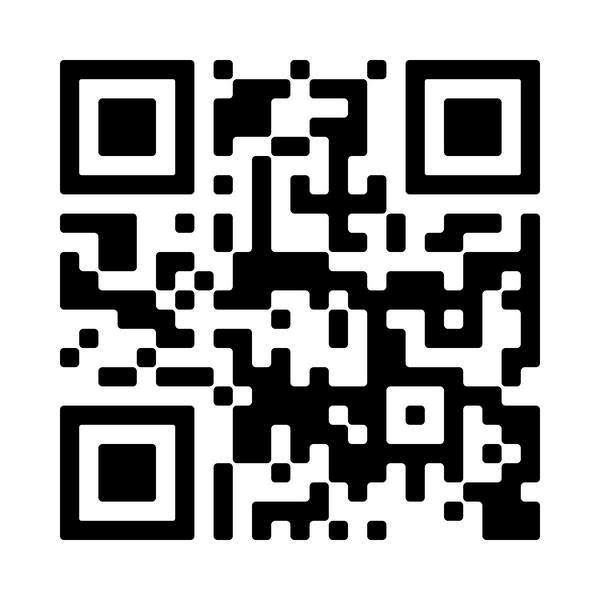
At iEARN, we create opportunities that help our children develop empathy, compassion, and knowledge with their peers around the world. Children who grow up as empowered global citizens benefit from our educational experiences and discover their own capacity to address world problems. They will be our next generation of leaders. It’s up to all of us to prepare students to build a future that is better than the present.

We can’t do it without you. Please, give today.

We know that education can lead to peace.